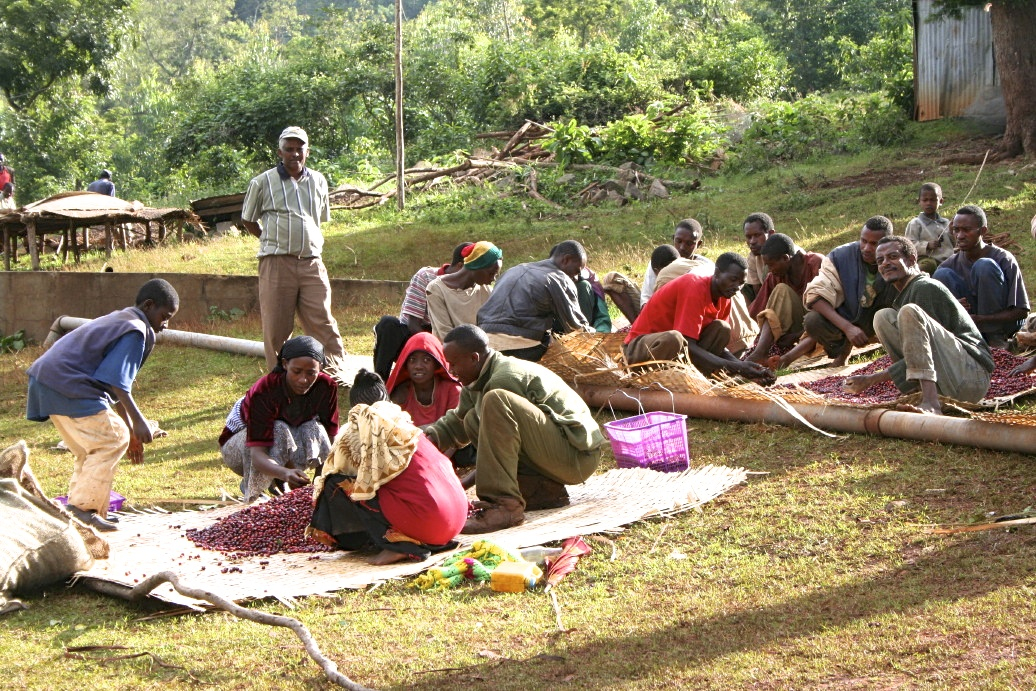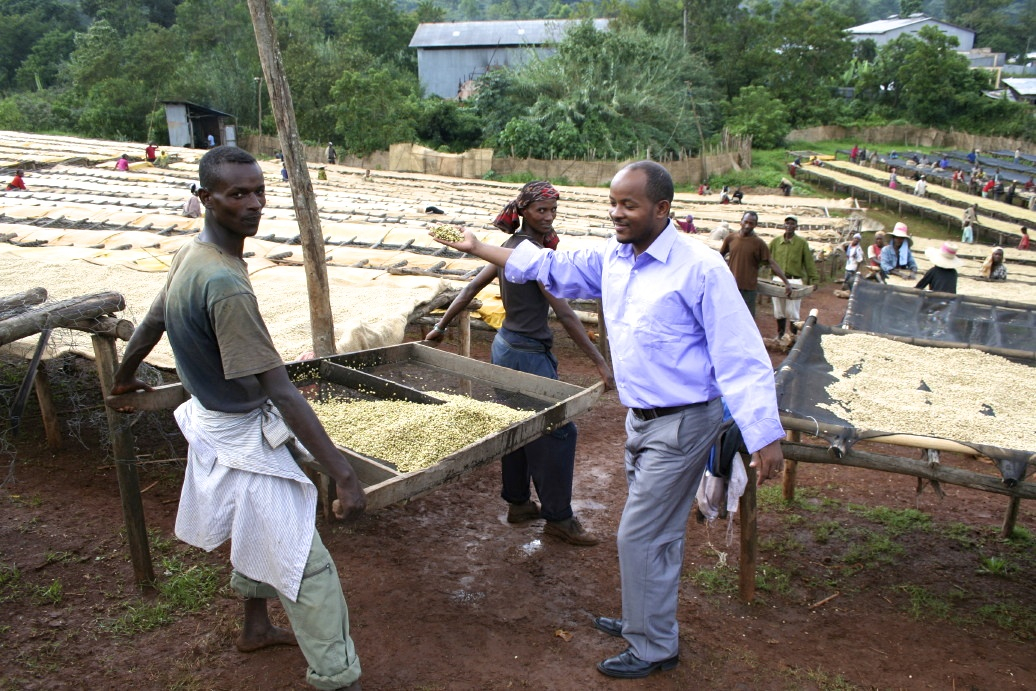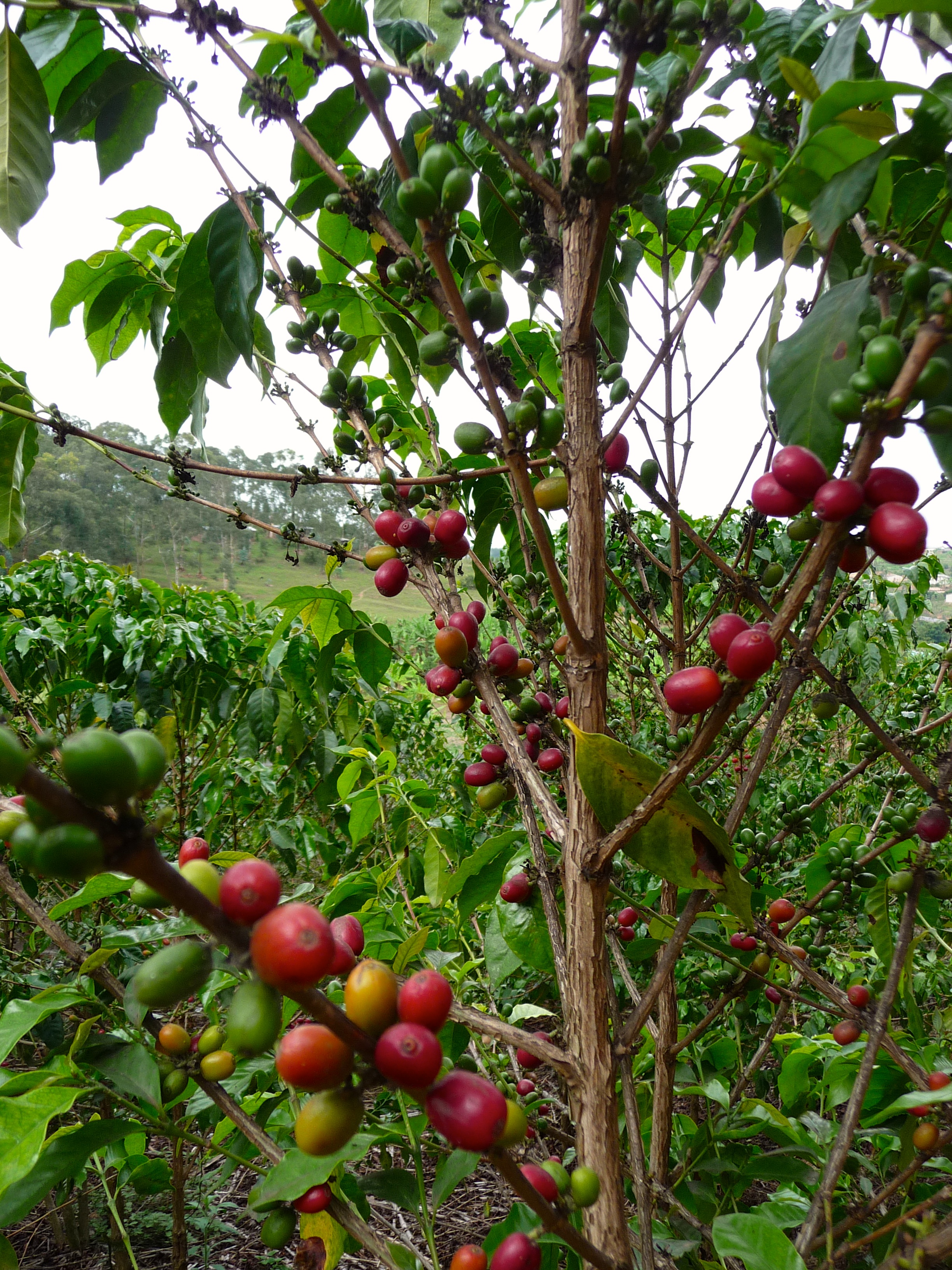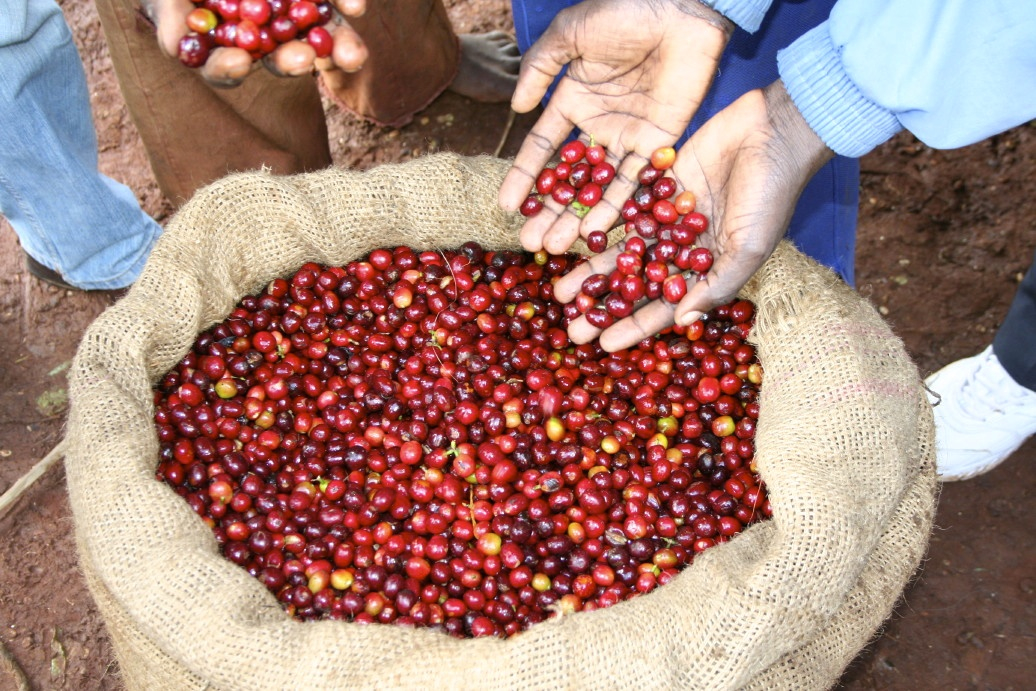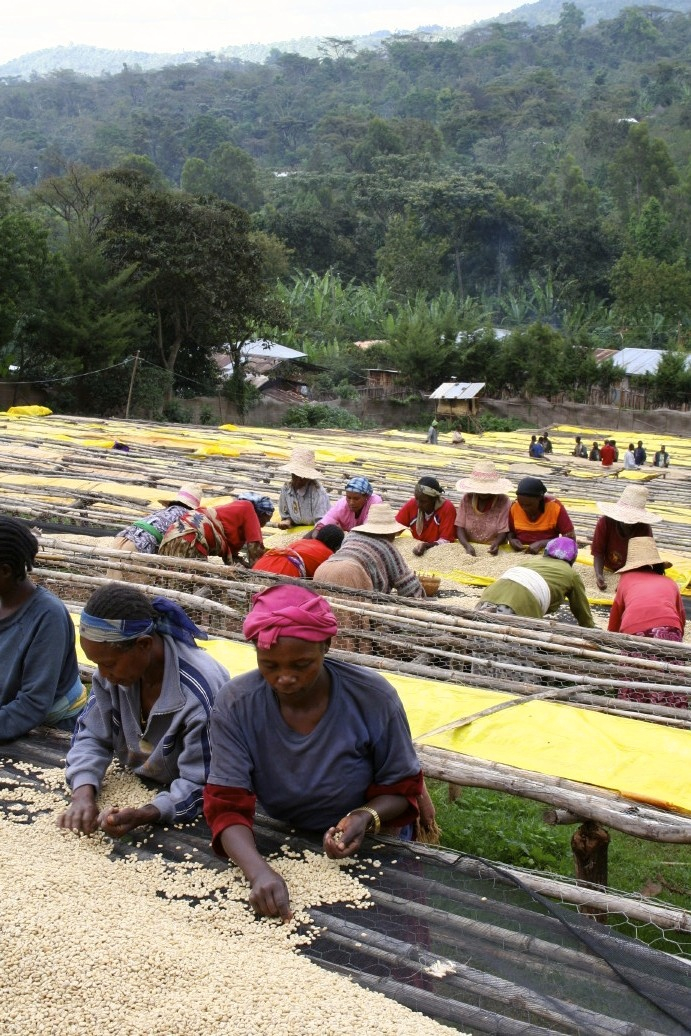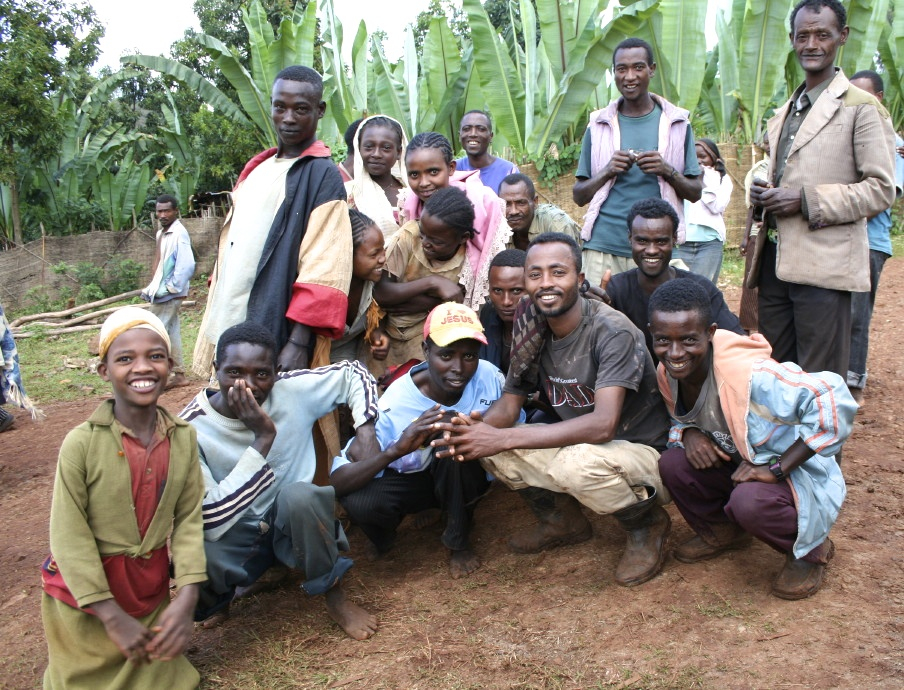USAID's Development Credit Authority (DCA) was created in 1999 to mobilize local private capital through the establishment of real risk sharing relationships with private financial institutions in USAID countries. The tool is available to all USAID overseas missions and can be used as a vehicle for providing much needed credit to an array of enterprises and underserved sectors.
In 2008-2013, SEGURA Partners, under the GBTI II IQC, implemented the Development Credit Authority (DCA) Evaluations in different countries to test a series of developmental hypotheses related to the DCA guarantees.
The team started by developing the evaluation framework articulated around output (additionality of loans under guarantee), outcome (change in behavior of the partner bank or microfinance institution), and impact (market demonstration effect). The framework guided the effort throughout the life of the task order, and allows for comparison across countries. In 2012 the framework was revised in order to take into account the new USAID Evaluation Policy.
SEGURA conducted a total of 11 separate evaluations, producing for each one both a detailed report and a 4-page Impact Brief (downloads below), and delivering a presentation to USAID. At the end of the project, the team summarized lessons learned, including factors for success in the design of the guarantees, in the final report.
List of evaluations:
Ghana: evaluation of the 2003 and 2005 DCA guarantees with Ecobank, in support of lending to small and medium enterprises and micro-finance institutions, principally in manufacturing and agribusiness.
Honduras: evaluation of the 2003 and 2005 guarantees DCA signed with the Covelo Foundation to encourage the bank to move up market to make loans for larger sizes and long terms; focusing on agribusinesses.
Indonesia: evaluation of the 2005 DCA guarantee with Bank Danamon made to mobilize increased lending to micro and small enterprises, with an emphasis on the tsunami affected areas. Agriculture was one of the designated target sectors for the guarantee.
Russia: evaluation of the FY 2004 DCA Loan Portfolio Guarantee for Center-Invest Bank (CIB) made to assist CIB in providing loans to SMEs in two neighboring regions – Krasnodar and Volgograd. Loan recipients included several agribusiness enterprises.
Philippines: evaluation of the 1999 DCA guarantee with LGUGC. The coverage was initially on re-guarantee loans to local infrastructure projects of Local Government Units, and later focused on water supply and sanitation projects.
Rwanda: evaluation of the 2004 guarantee with Banque de Kigali (BK) in support of loans to strategic export-oriented agricultural enterprises, including coffee.
Ethiopia: evaluation of a 2004 DCA Loan Portfolio Guarantee with the Bank of Abyssinia, targeting the agricultural sector.
East Africa/LAC: evaluation of the 2003 and 2005 DCA regional guarantees with Root Capital to support 1) small and medium agribusinesses and eco tourism operations in Mexico, Guatemala, Panama, Nicaragua, and Peru, and 2) coffee grower/producer associations in Rwanda, Tanzania, Uganda, Kenya, and Ethiopia.
Moldova: evaluation of the 2005 with FinComBank in support of loans to micro, small and medium enterprises (MSMEs) in the agriculture, agribusiness and related sectors such as transport and services.
Kenya: evaluation of the 2006 and 2010 DCA guarantees with Kenya Commercial Bank to improve access to credit for SMEs operating in the agricultural production and processing, tourism, clean energy, commerce, construction, and manufacturing sectors.
Haiti: evaluation of the 2007 DCA guarantees with Capital Bank and SOGEBANK in support of loans to SMEs in productive sectors such as such as agriculture, handicraft, tourism, textile industries, waste removal, construction, and fisheries.
For additional information see www.usaid.gov/dca/dca-evaluations
Client:
USAID
Years:
2008-2013
Location:
Ghana, Honduras, Indonesia, Russia, Rwanda, Ethiopia, Tanzania, East Africa/LAC, Moldova, Kenya, Haiti
Technical Areas:
Monitoring, Evaluation, and Learning
Based on the evaluations conducted by SEGURA under this program, the DCA office produced the following infographic summary:


